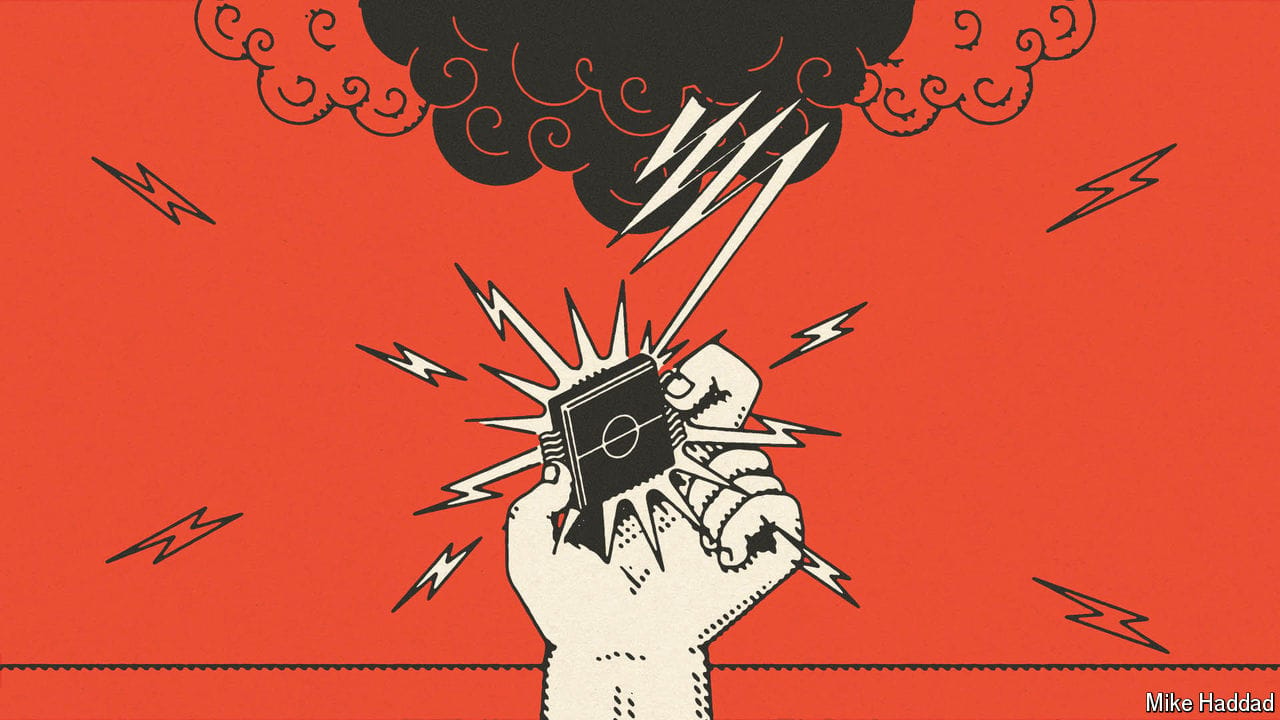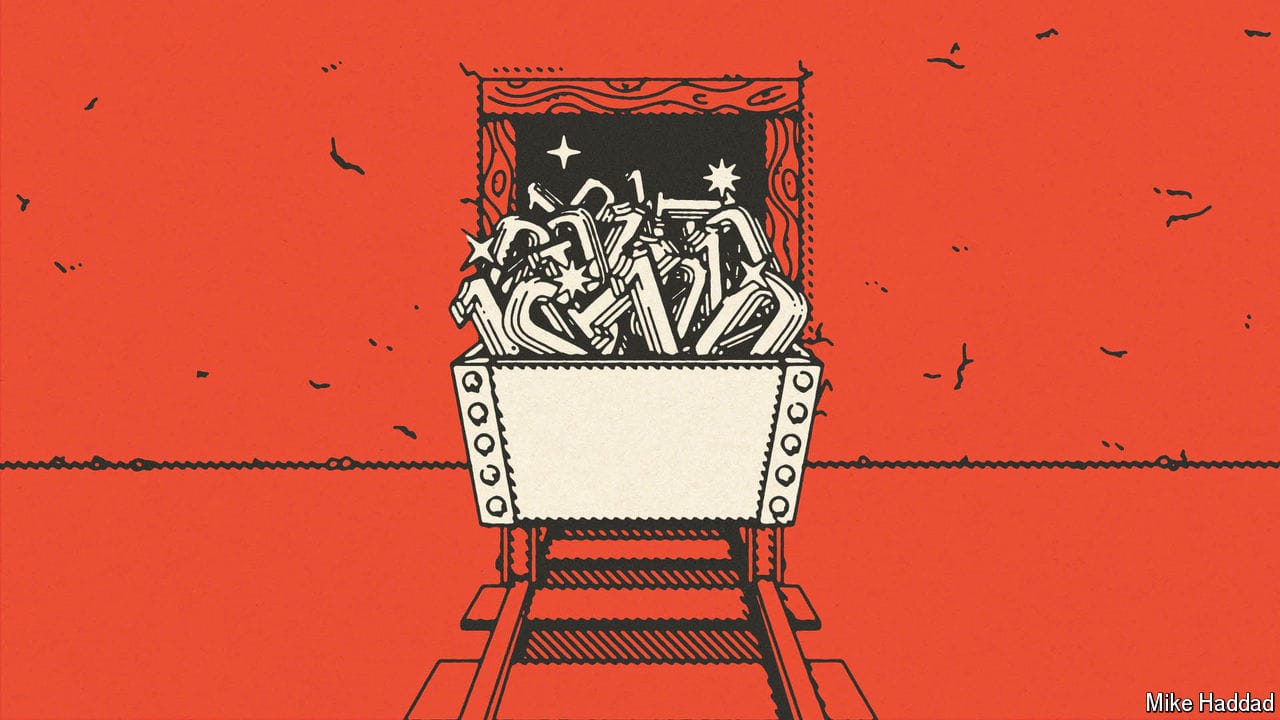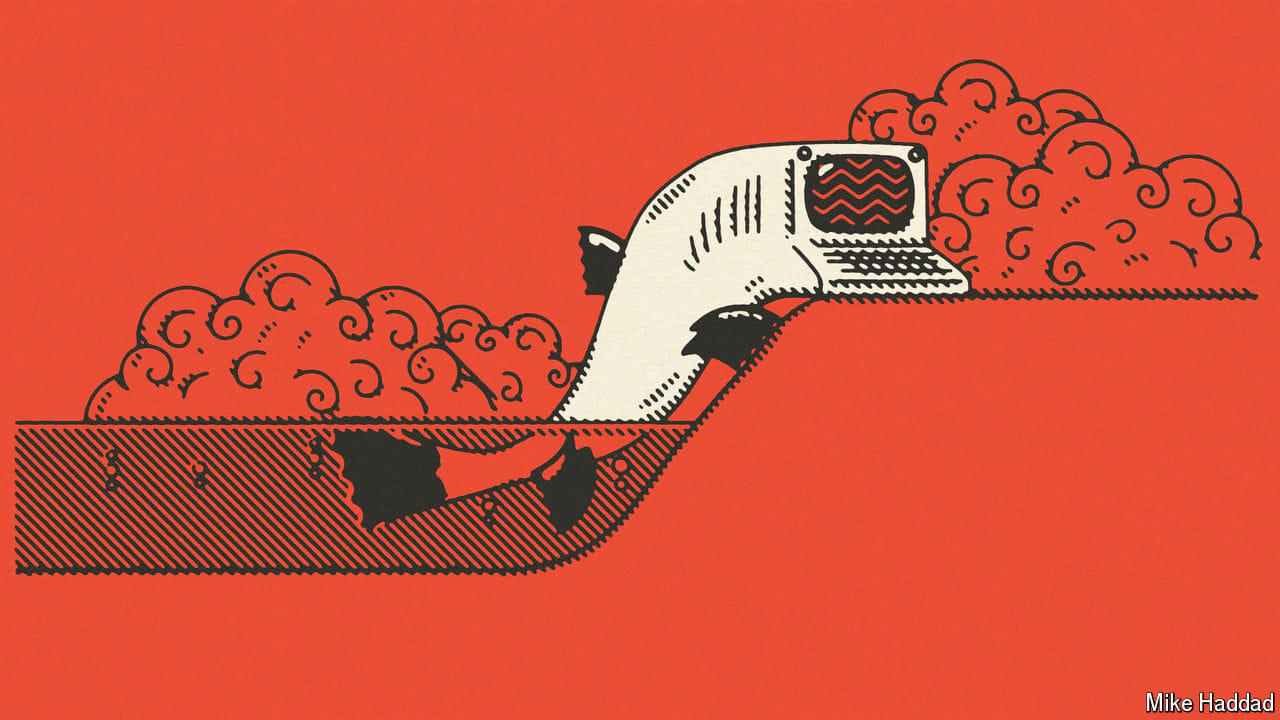Prison breakthrough
The fifth of our series on seminal economic ideas looks at the Nash equilibrium

JOHN NASH arrived at Princeton University in 1948 to start his PhD with a one-sentence recommendation: “He is a mathematical genius”. He did not disappoint. Aged 19 and with just one undergraduate economics course to his name, in his first 14 months as a graduate he produced the work that would end up, in 1994, winning him a Nobel prize in economics for his contribution to game theory.
On November 16th 1949, Nash sent a note barely longer than a page to the Proceedings of the National Academy of Sciences, in which he laid out the concept that has since become known as the “Nash equilibrium”. This concept describes a stable outcome that results from people or institutions making rational choices based on what they think others will do. In a Nash equilibrium, no one is able to improve their own situation by changing strategy: each person is doing as well as they possibly can, even if that does not mean the optimal outcome for society. With a flourish of elegant mathematics, Nash showed that every “game” with a finite number of players, each with a finite number of options to choose from, would have at least one such equilibrium.
This article appeared in the Schools brief section of the print edition under the headline “Prison breakthrough”
More from Schools brief

The race is on to control the global supply chain for AI chips
The focus is no longer just on faster chips, but on more chips clustered together

AI firms will soon exhaust most of the internet’s data
Can they create more?

A short history of AI
In the first of six weekly briefs, we ask how AI overcame decades of underdelivering
Finding living planets
Life evolves on planets. And planets with life evolve
On the origin of “species”
The term, though widely used, is hard to define
Making your way in the world
An individual’s life story is a dance to the music of time
